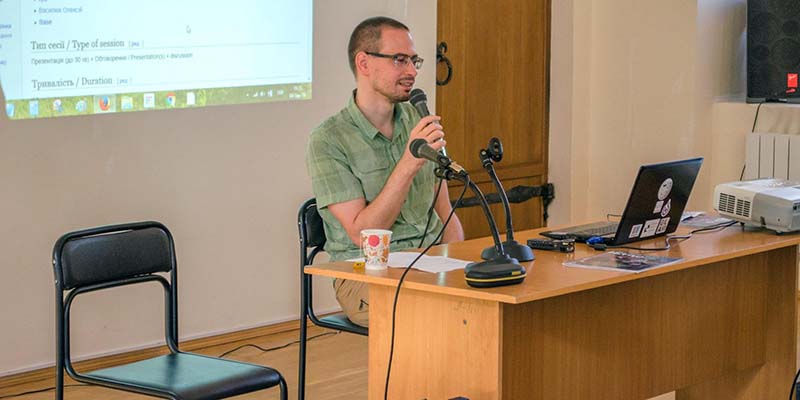3.3 Vocative Case (Plural Nouns)

In this module, you will learn to use plural nouns in the vocative case and will become familiar with the most common plural public address forms and the contexts in which they are used.
Завда́ння 1
Note how plural nouns do not change their form in the vocative case.
Дру́зі, за́втра конце́рт!
Ді́ти, де мій телефо́н?
Mark all of the examples of direct address (i.e. nouns in the vocative case) in the sentences below.
Цікаво!
The only commonly used plural noun that changes its form in the vocative is пани́, especially when it is used in the address “ladies and gentlemen.” The Ukrainian equivalent of this salutation is Па́ні та пано́ве! Note that the noun па́ні does not change.
As with singular nouns, in formal letters, emails, greeting cards, and formal public oral addresses, two adjectives (in plural form) are commonly used: Дорогі́ (‘Dear’) or Шано́вні (‘Respected’):
Дорогі́ дру́зі!
Шано́вні па́ні та пано́ве!
Завда́ння 2
You will hear five common forms of oral public address. Select the most appropriate occasion for each salutation.
Завда́ння 3
Match each form of direct address to the place it is most likely to be found.
Мо́вний пазл
Look through the activities you have just completed and choose the correct statements below to summarize what you have learned.
А тепе́р тест!
Choose the most appropriate form of address for each of the given situations.

